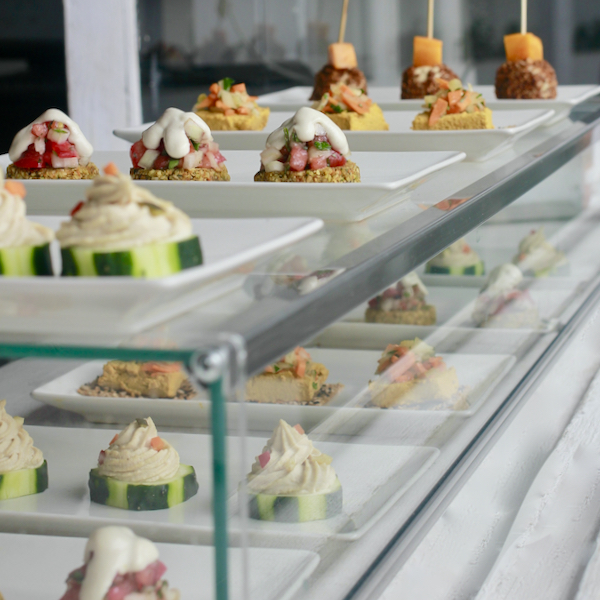What is natural cooking?
There is a lot of talk these days about natural cooking and a number of food cultures that go from the classical vegetarian to very sophisticated and sometimes esoteric diets claiming health benefits. In this blog we try a more basic approach to food and offer suggestions of dishes and cooking that concentrate on clean ingredients and balanced nutrition.
For us, cooking natural means cooking with the cleanest ingredients you can find. We look for unprocessed foods, pesticide-free vegetables and small fish and animals that were raised in a non-toxic way. Unfortunately this is a challenge in modern cities as the food industry controls the food production and distribution chain in a massive way. Toxicity is not an issue for the industrial food system and people around the world suffer the effects of this slow poisoning. Quotidian cooks can avoid the dangers of this degradation by following our Eat Well tips. This is the main purpose of this blog: sharing information, recipes and practices leading to a more clean and healthy cooking.
Eat Well tips
1. Buy non-toxic ingredients
You don´t need to buy one hundred per cent organic ingredients. Get informed about the presence of pesticides and other poisons in the food you buy. In our Clean Food page we suggest shopping guides for the US or Europe. This is how the American EWG guide looks:
2. Look for unprocessed foods
Get savvy about labels in food. The less ingredients the better as a large list is an indicator of additives . You are looking for less processed foods from the original whole food and you want to avoid artificial additives like colorants, edulcorants, emulsifiers, etc. If you want to be more accurate, see our guides to understand additives.
3. Cook using non-toxic pans
Using non-stick pans is a must for cooking, except when they contain Teflon. Non-stick surfaces are metal pans (such as aluminum pans) coated with a synthetic polymer called polytetrafluoroetheylene (PTFE), also known as Teflon. At every stage of the heating-up process Teflon-coated pans emit a range of toxic gases and harmful particles.
We strongly suggest you get rid of this type of pans and move to safer options. See them in our clean cookware section. This will be a good move for your health and the health of your family and guests.
4. Avoid plastic containers for your food
Bisphenol A (BPA) is a carbon-based synthetic compound used to make plastic. BPA-based plastic is clear and tough, and is made into a variety of common consumer goods, such as water bottles, coatings on the inside of food cans and thermal paper such as that used in sales receipts. BPA has already been banned in the US (California), Canada and France. Unfortunately you will still find it in plastic containers and cans in many countries.
Look for canned food labeled as BPA-free or buy food packed in glass jars or waxed cardboard cartons. Avoid thermal paper as BPA will get to your body through your fingers. To know more, check EWG’s Guide to BPA.












Leave a Reply